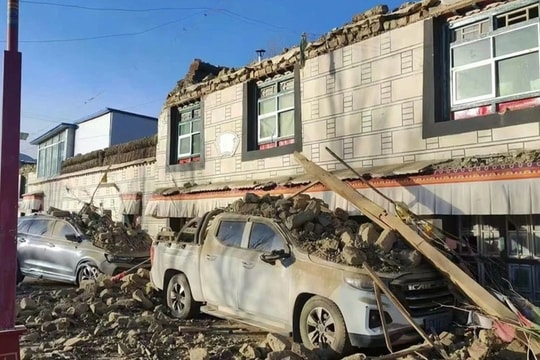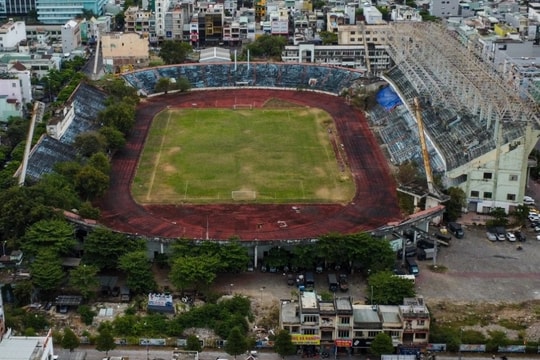The event aims to continue researching and proposing solutions to ensure national interests and prestige, and raise Vietnam's responsibility to the world.
At the conference, Vice Chairman of the National Assembly's Foreign Affairs Committee Nguyen Manh Tien said that with 16 FTAs and many other international treaties that Vietnam has signed, the nation has achieved many good results. However, looking back at the implementation process, many points have also been revealed that need to be considered and adjusted.
The nation currently has an open economy with the signing and joining of many international treaties in the field of economics and trade, especially being a member of 16 FTAs.
The effective implementation of FTAs, especially new generation ones, has created opportunities for Vietnam to expand and diversify markets with high incentives, and engage more deeply in the global supply chain and production network.
This actively contributes to the process of synchronous and comprehensive innovation, unleashing the country's potential, creativity, improving people's lives, raising the level of development, and gradually reducing the proportion of processing and assembly in the national economy.
However, many Vietnamese enterprises have not yet taken advantage of tax incentives through the application of rules of origin and certificates of origin in FTAs. Many advantageous products have a rate of using certificates of origin (C/O) of 92-100% in FTAs (corn, wheat, various types of paper, fertilizers, trucks, some iron and steel products, footwear products, textiles, etc.), but the export value is not high.
In addition, every year, Vietnam has to face many anti-dumping and anti-subsidy lawsuits.
At the conference, delegates focused on assessing the implementation of international treaties and FTAs on the promulgation of legal documents to organize and carry out international treaties; organization of apparatus, operational mechanism, coordination in the implementation of international treaties of the Government, ministries, sectors, and localities; the role and responsibility of relevant agencies in supervising the implementation of international treaties.
Pham Quynh Mai, deputy director of the Multilateral Trade Policy Department under the Ministry of Industry and Trade, said that over the past 8 years, since Vietnam joined and implemented FTAs, exports have penetrated deeply into the markets of partner countries, and the trade balance has maintained a trade surplus.
Notably, when signing and implementing 3 new generation FTAs, including the EU-Vietnam Free Trade Agreement (EVFTA), the Comprehensive and Progressive Agreement for Trans-Pacific Partnership (CPTPP), the UK-Vietnam Free Trade Agreement (UKVFTA), Vietnam's export turnover has grown strongly. Especially with CPTPP, it has opened the door for Vietnamese goods to enter new markets such as Canada, Mexico, and Peru.
However, Pham Quynh Mai also commented that the implementation of FTAs still has shortcomings and limitations. The proportion of new generation FTAs in general exports is still modest; FDI enterprises account for a large proportion; Vietnam's exports are mainly raw, and have not built many brands in the FTA market.
In the coming time, the Ministry of Industry and Trade will focus on disseminating and monitoring the implementation of FTAs. Specifically, the Ministry will innovate the method of disseminating information through propaganda videos, supporting the implementation of FTA commitments; building a set of indicators to monitor the implementation of FTAs (FTA Index). In addition, the Ministry recommends that the National Assembly and the Government continue to implement groups of solutions on institutions, support businesses, human resources and many other solutions.
According to the Ministry of Foreign Affairs, last year Vietnam signed and joined 83 international treaties. Of which, there are 78 bilateral treaties and 5 multilateral treaties. It is expected that in 2024, ministries and sectors will propose signing and joining 54 international treaties, most of which are bilateral treaties on cooperation in crime prevention and control; extradition and transfer of convicted persons; exchange and protection of confidential information and mutual legal assistance in criminal matters.
In the coming time, the Ministry of Foreign Affairs proposes that the Government continue to direct and make proposals for signing international treaties in the fields of trade, investment, energy, digital transformation, the environment, green growth, in accordance with the guidelines, policies, and orientations of the Party and State.




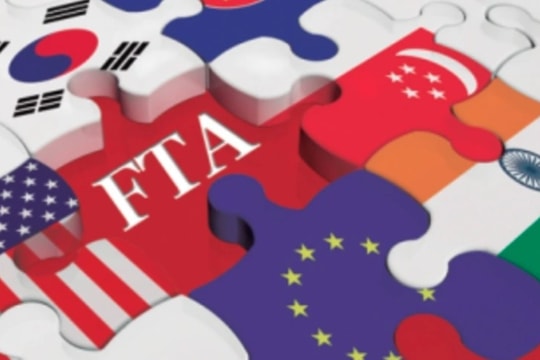
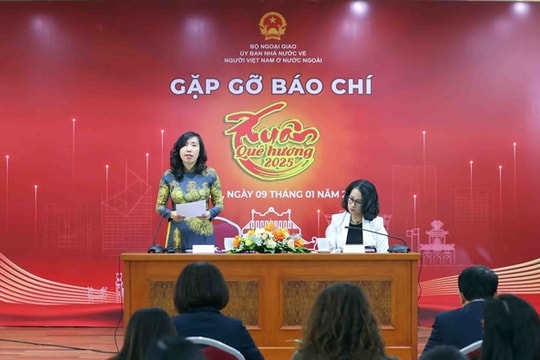
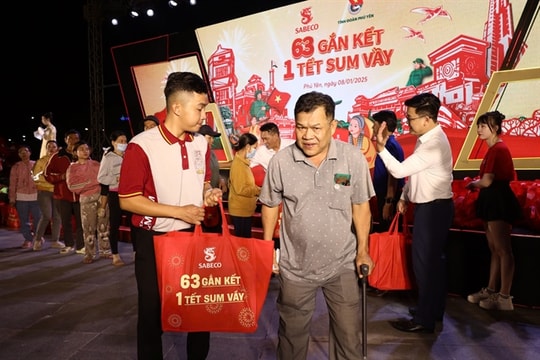
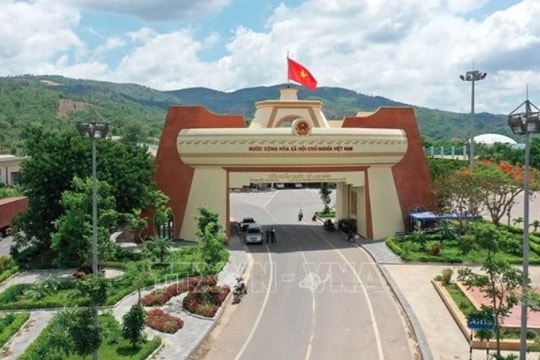
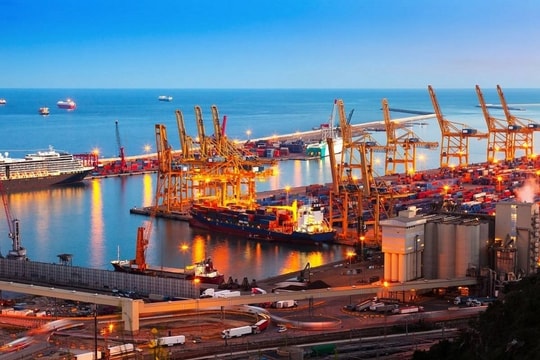
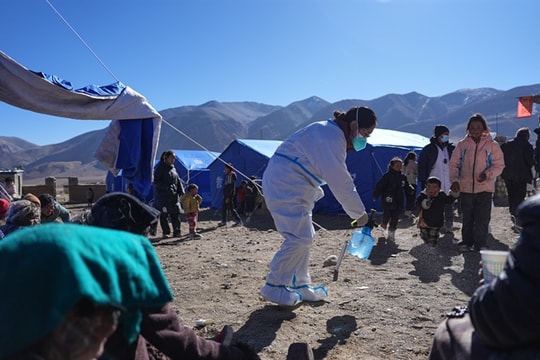

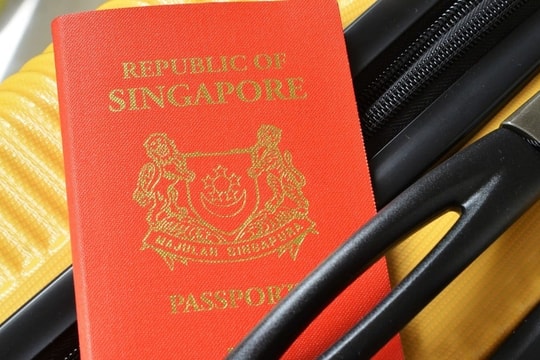
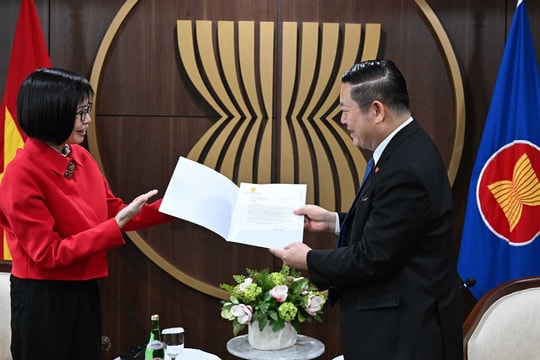


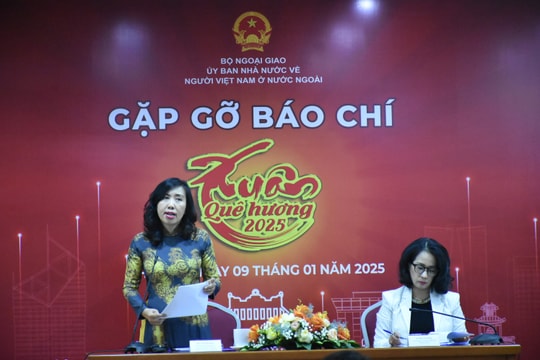


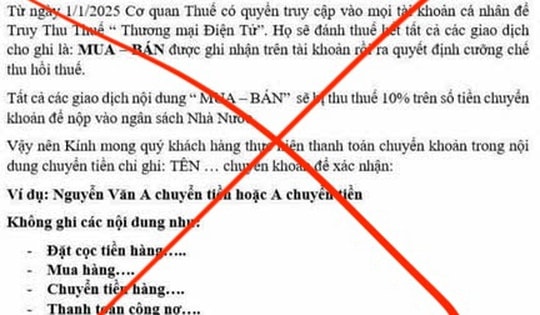
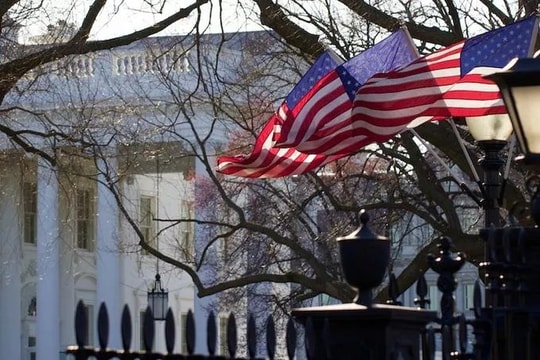
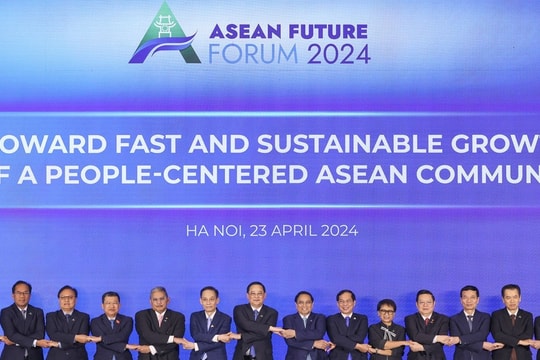
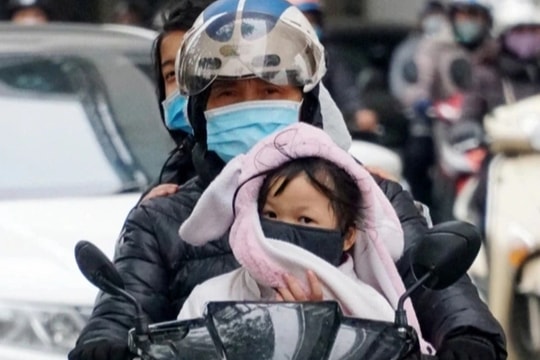
.jpg)
